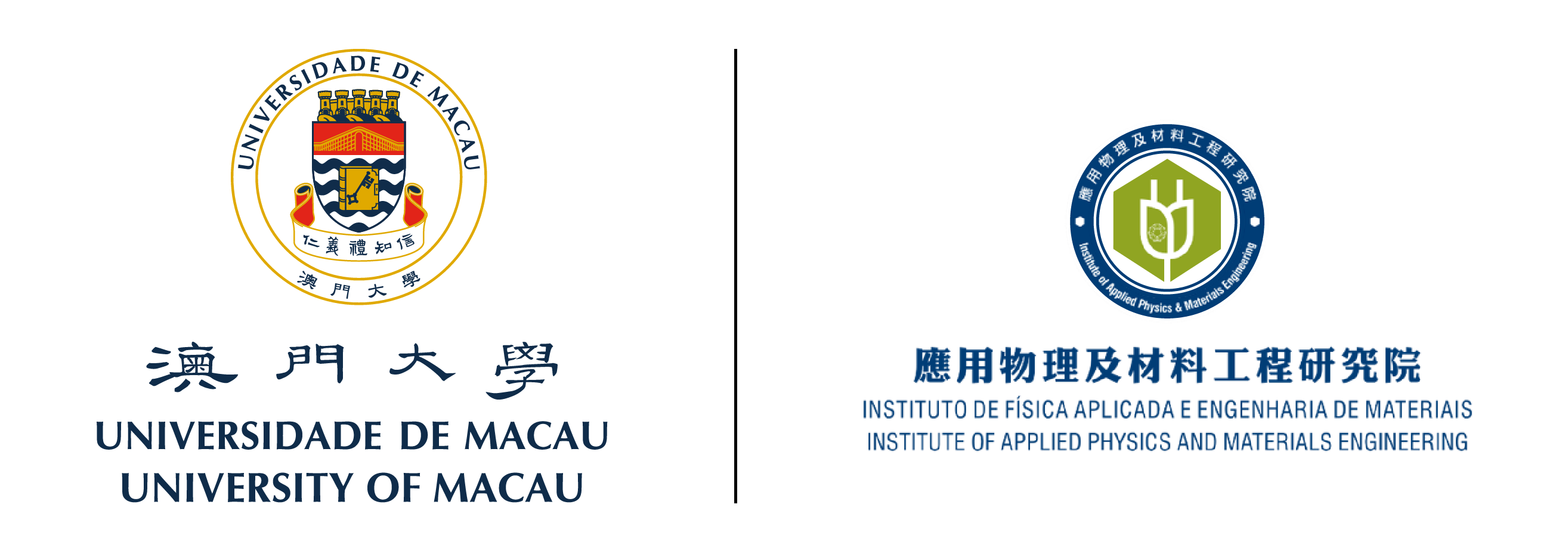Prof. Yu Zhou, Professor of the School of Integrated circuit at the Harbin Insitute of Technology (Shenzhen), delivered an engaging talk on the “Room-Temperature Waveguide Integrated Quantum Register in a Semiconductor Photonic Platform” on 6 December 2024. Professor Zhou shared his latest breakthroughs in the field of silicon carbide integrated photonic quantum entanglement devices, advancing the application of integrated photonic quantum information technology in quantum networks and quantum sensing.
With an impressive publication record, Prof. Zhou has authored 10 high-impact SCI papers as the first or corresponding author, including 4 in prestigious journals like Nature Communications and 1 in Science Advances. He also contributed a featured cover article in Photonics Research in 2024. He has been invited to deliver numerous talks at international conferences and workshops, showcasing his expertise in quantum defects and nano-optics. His accolades include recognition in Forbes’ 30 Under 30 for his work in technology and the 9th recipient of the China Association for Science and Technology Young Talent Support. In 2024, he was honored as a committee member of the Guangdong Quantum Technology Alliance, contributing to the development of quantum technologies in China.
In his presentation, Prof. Zhou provided a comprehensive overview of recent advancements in the controlled preparation and coherent manipulation of silicon carbide (SiC) color centers on insulating substrates. He discussed the theoretical principles underpinning these techniques and their practical implementation. Prof. Zhou highlighted the successful coherent control of individual 13C nuclear spins on insulating SiC substrates, achieving near-unity polarization of single nuclear spins. Additionally, he demonstrated the integration of SiC quantum registers into photonic waveguides, realizing two-qubit entanglement with a maximally entangled state fidelity of 0.89 on an integrated photonic platform. His broader research interests include the exploration of scalable quantum photonic technologies and the application of SiC-based systems in quantum networks and quantum sensing.



